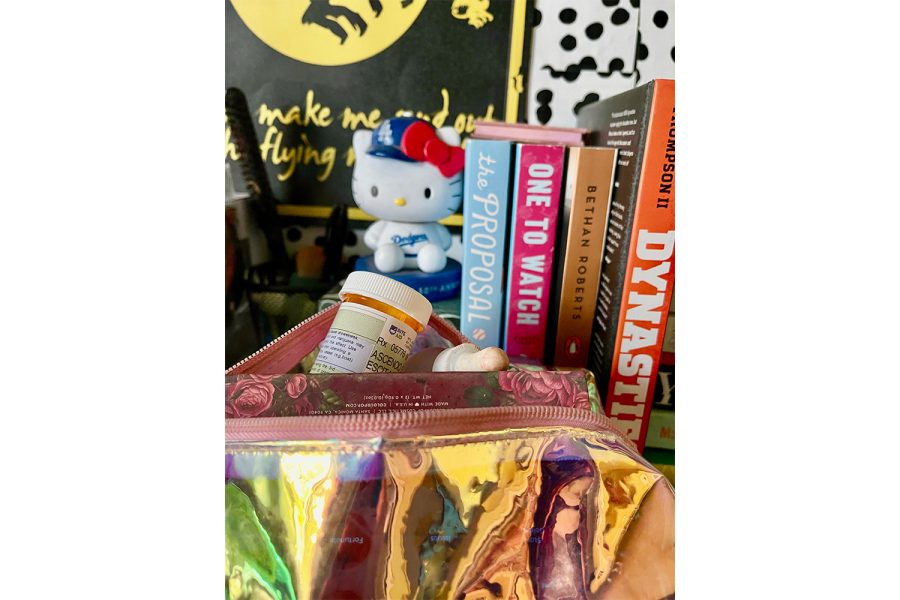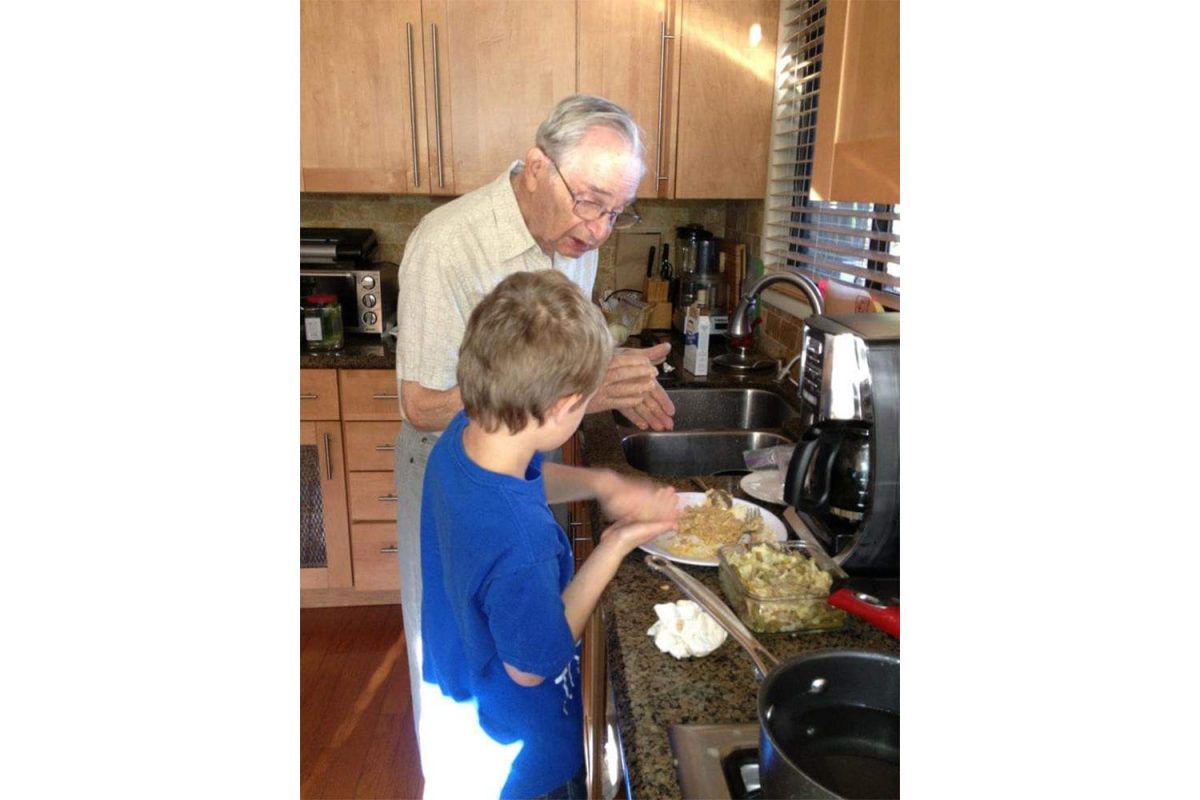My alarm rings at 6:30 and I hit snooze about 30 times.
I get up to get my coffee, pick up my orange pill bottle from my makeup bag and pop one in my mouth and continue with my morning.
I am a very open person. It’s better when you talk about more serious things out loud, you make them seem like it’s no big deal.
Last year I was officially diagnosed with depression and anxiety.
My dad encouraged me to go get help and see how I could “get out of my slump.” He also battles depression, so he is very open about his support for mental health and getting help with it. During the first year of the pandemic “32.8% of U.S. adults experienced elevated depressive symptoms in 2021, compared to 27.8% of adults in the early months of the pandemic in 2020, and 8.5% before the pandemic,” according to a study from the Lancet Regional Health.
During my “slump” I was grumpier than usual, didn’t want to do anything with friends and stayed in my room all day. My motivation was at an all time low. I was barely trying in my Zoom courses, showing up to each already dreading it.
I was skeptical at first. How could I, the funny friend, be depressed?
I thought my constant nail biting was nothing to worry about. But now looking back I can definitely see the little things I would do to cope with my feeling anxious.
When I first got my medicine I didn’t really talk about it because I didn’t know how it would make me feel. After my body got used to it I started to see the difference in my attitude and I began to have my spark again — as cheesy as it sounds.
While I had the support of my parents to seek mental health care and medication, I know in many Mexican and Hispanic families that might not be the case.
The Medical News Today article “What to know about mental health stigma in Latin America,” states that “research cites family as a major source of discrimination against people with mental health conditions in several Latin American countries.”
The stigma with mental health in Latino families draws in the topics of how the person with the mental health problems can be seen as violent or incapable of getting better.
As open as I am and make jokes in light of the situation, I know when I visit family to tone it down.
My tias asking “can’t you get addicted to that” or saying “maybe if you prayed you wouldn’t feel that way.” My grandparents wondered “how could you be depressed? You’re always laughing.” I know even when I talk about it with my cousins, they have and are going through similar things as me but worry about being judged for seeking help.
During the lockdowns is when I noticed my depression and anxiety more prominently than usual. Not only in myself but my family, who I was with during the initial lockdown and friends who I only could see over screens.
Now after a year and some calibration to being on 20 mg’s of happiness a day, I notice my attitude change.
I try to change my outlook on life and wake up happy.
With my friends I try to do weekly “vibe checks” with them because it’s important to me to check on my friends and their mental health as well. I even do “vibe checks” at work with my groups and I try to be very vocal with mental health even at a young age.
It is important that we in the Latino community educate and break the stigma about mental health issues and the way it is talked about in our families and communities.












